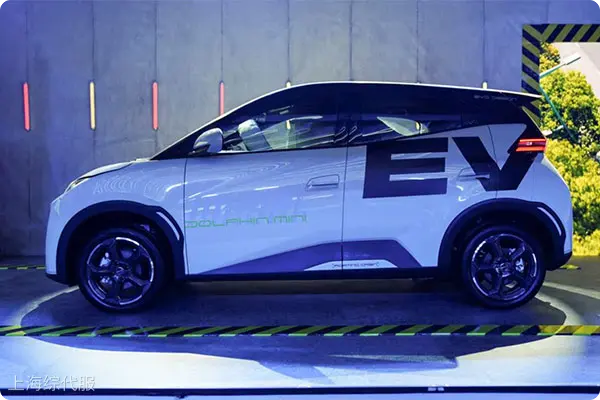Since the beginning of 2024, Chinese automakers’ sales of new cars in Brazil have grown rapidly. According to statistics, between January and April 2024, sales of Chinese brand new cars reached 480,000 units, an eightfold increase compared to the same period last year. This data marks the rise of China Electric Vehicles (EVs) in the South American market and shows the region’s huge interest in China’s advanced technology and affordable prices.
According to the Federation of Brazilian Car Dealers, Brazil’s sales of new cars (passenger cars and small commercial vehicles) increased by 37% in April, reaching 20,000 units. In this market dominated by European-American companies, the three major brands, Fiat, German Volkswagen and General Motors, accounted for a market share of 50%. However, Chinese manufacturers are rising quietly, especially in the electric vehicle sector.
According to the Brazilian Association of Electric Vehicles (ABVE), sales of electric vehicles in Brazil (including pure electric vehicles, plug-in hybrid vehicles and hybrid vehicles) increased by 91% in 2023 to 94,000 units, a record high in 2023.
In Brazil, consumer curiosity for advanced technology and demand for affordable prices have driven the growth of sales of electric vehicles in China.The market in Central and South America is in the dawn of electric vehicles, and the middle class has begun to shift toward buying electric vehicles, which provides important market opportunities for Chinese car companies.
The data showed that in April 2024, Chinese companies had a market share of 7% in new car sales in Brazil. Among them, the performance of brands such as Biady, Chevrolet and Long Wall Automobile was outstanding. In March 2024, Biady announced that it would increase its investment in the Brazilian production base to 5.5 billion reais, almost twice the original plan. The first pure electric car factory in Brazil is expected to start production at the end of 2024, with annual production to reach 300,000 units. In addition, Biady plans to double the number of retail stores in Brazil by 2024, reaching 200 units.
China is committed to expanding its global market share of electric vehicles, while South America, Brazil and Mexico, have become important market holders. Data show that from January to March 2024, Chinas total car exports to Brazil ranked fourth in the world, and Mexicos total exports ranked fifth.
The Brazilian government is also aware of the potential of the electric car market and has begun its efforts to attract the development of the automotive industry. Despite previous tariff exemption policies for electric vehicle imports, from January 2024, the policy has begun to be partially abolished and plans to raise tariffs gradually by 2026.
The United States has expressed caution over the rising influence of Chinese electric vehicles in the Latin American market. According to Reuters and other media reports, after Brazil, Biady also plans to produce locally in Mexico. However, due to concerns that electric vehicles produced by Mexico would flow into the U.S. market, the U.S. government pressured the Mexican government to freeze subsidies to Chinese companies. This move shows that the friction in the U.S. automotive trade sector has spread to the Central and South American region.



 Follow customer service WeChat
Follow customer service WeChat